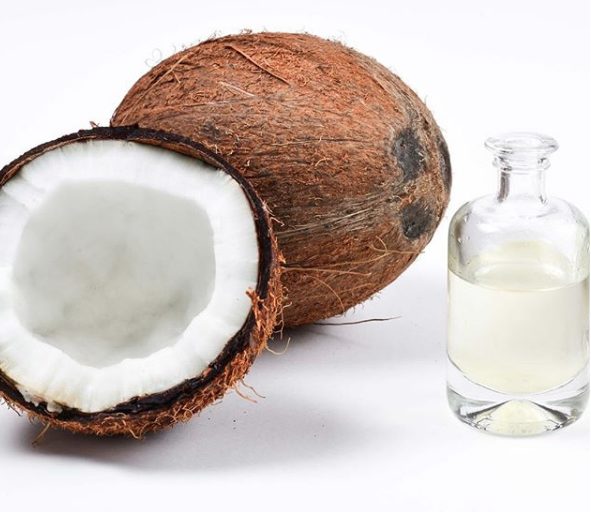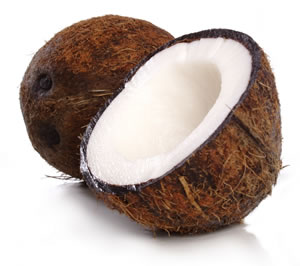Is coconut oil really “pure poison”?
A Harvard scientist recently denounced coconut oil as "pure poison" because it consists mostly of saturated fat. But is dietary saturated fat actually harmful?

https://www.instagram.com/p/Bm03H6dn733/?tagged=coconutoil
Health food enthusiasts who had never questioned coconut oil’s status as a health food were taken aback this week when Karin Michels, an epidemiologist at the Harvard T.H. Chan School of Public Health who was speaking at a conference in Germany, blasted coconut oil as being “pure poison.”
RELATED: Fat adaptation: what does it mean for runners?
The reason is that coconut oil is about 87 per cent saturated fat, and saturated fat is implicated in heart disease and stroke. The media’s reaction was to mildly shame those who may never have questioned the relative health merits of coconut oil, and who espouse it for everything from cooking to bathing and skincare.
https://www.instagram.com/p/Bm3l6f7ALwV/?tagged=coconutoil
Dr. Michels’ denunciation of coconut oil appears to have health food enthusiasts back-pedalling on their endorsement of the product, but the question is, is she right?
It’s not like nobody knew that coconut oil was high in saturated fat. And in a 2012 Globe and Mail article, Leslie Beck concluded the following:
“… coconut oil isn’t as bad as its high saturated fat content might make you think. Studies suggest that diets high in coconut oil do raise total blood cholesterol and LDL cholesterol, but not nearly to the same extent as butter. Coconut oil also seems to raise HDL (good) cholesterol. (Unlike LDL cholesterol, the HDL version doesn’t build up on artery walls.) In one small study, taking 2 tablespoons of coconut oil daily for one week did not significantly raise bad cholesterol but did increase good cholesterol.”
Drs. Stephen D. Phinney and Jeff S. Volek, authors of The Art and Science of Low Carbohydrate Living and other books, would argue that although high blood levels of saturated fat are implicated in heart disease and stroke, the research does not show a link between dietary saturated fat and serum (blood) levels of saturated fat. In other words, eating more saturated fat does not appear to cause a buildup of saturated fat in your arteries. (Similarly, we know that eating foods high in cholesterol does not promote high blood cholesterol, which is found almost exclusively in animal-derived foods, though that does nothing to discourage marketers from splashing “No cholesterol” labels on all kinds of products.)

In an article on their website entitled “You are not what you eat,” Phinney and Volek argue that consuming saturated fat is not harmful. What leads to high serum saturated fat is actually a diet high in carbohydrate, because higher carb intake causes more production of insulin, and more synthesis of saturated fat in the liver. “The culprit then is clearly not dietary saturated fat per se, but rather consumption of more carbohydrate than an individual’s body can efficiently manage.”
Also, most health experts agree that aerobic exercise (such as running) is an excellent way to control your LDL (bad) cholesterol levels. So runners may be protected simply because they run.
The authors acknowledge that their approach to the subject challenges some traditional views about nutrition. They conclude: “The metabolic fates of fat and cholesterol are very complex, and they are remarkably altered for the better when sugars and refined carbohydrates are restricted and the body given an adequate time to adapt. Once we embrace this complexity, the science of nutrition will take a giant step forward.”

